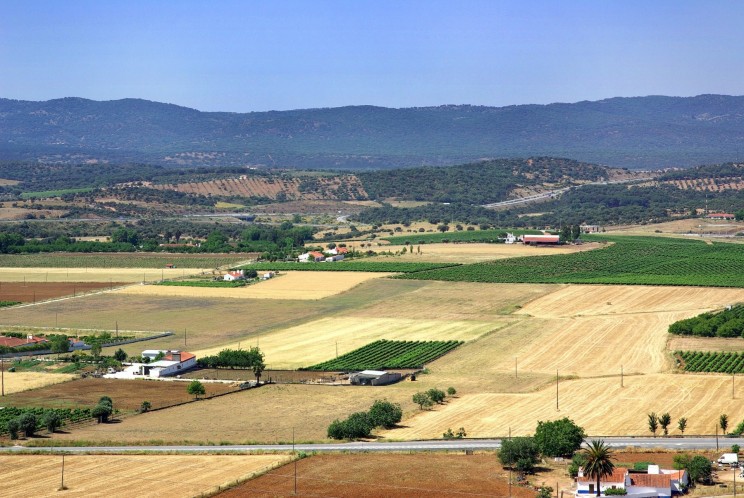
Escaping from the big cities, namely Lisbon and Porto, and going to a quieter or less busy area of the country, such as a rural village in Alentejo: this is what some residents in Portugal have done in a bid to avoid the COVID-19 pandemic. However, this is not the right decision. First and foremost, doing this only increases the possibility of more people being infected by the coronavirus, especially in areas where there tends to be an older population and where medical assistance isn't as widely available.
According to the public, this is a phenomenon that is multiplying throughout the country, with an unusual migration trend of people moving inland at the worst possible time. Those who live permanently in these inland areas are put at higher risk, when otherwise they may not have been threatened by the pandemic.
"There has been a large increase in people for about a week now. More people have come from Lisbon, but also foreigners who were in their home countries and have a holiday home here and usually only come for the summer", stated a shopkeeper from the parish of Coja in Arganil in the Portuguese newspaper Público. The shopkeeper, who asked not to be identified, also explained: "I also have friends who live in Spain and who have returned. We understand the situation, they lived in apartments and here they have a backyard or garden, but it's still a concern".
This is a scenario that has been confirmed by the mayor of Arganil, Luís Paulo Costa, who adds that there has been "a significant increase in people in the territory". He added that the council has also "been raising awareness among those who have already arrived in the area, the majority of citizens from Arganil, to keep themselves in social isolation", stressing that the municipality cannot do much more and that the first case of infection in Arganil was confirmed on Monday 23rd March.
Moving to the south, in the Alentejo region there have also been signs of people appearing in some of the most rural areas that, up until now, have been largely uninhabited.
"I've already noticed three couples in this area. One of them has come from France and another from Lisbon," said Amilcar Palma, a pastor by profession who was also quoted in the newspaper. "And friends tell me that people have already appeared in Vale do Poço too," a town built right on the dividing line of the municipalities of Serpa and Mértola. "People should stay exactly where they are," he warns.
Article seen at: Não, esta não é a melhor altura para ir viver para uma aldeia (Público)